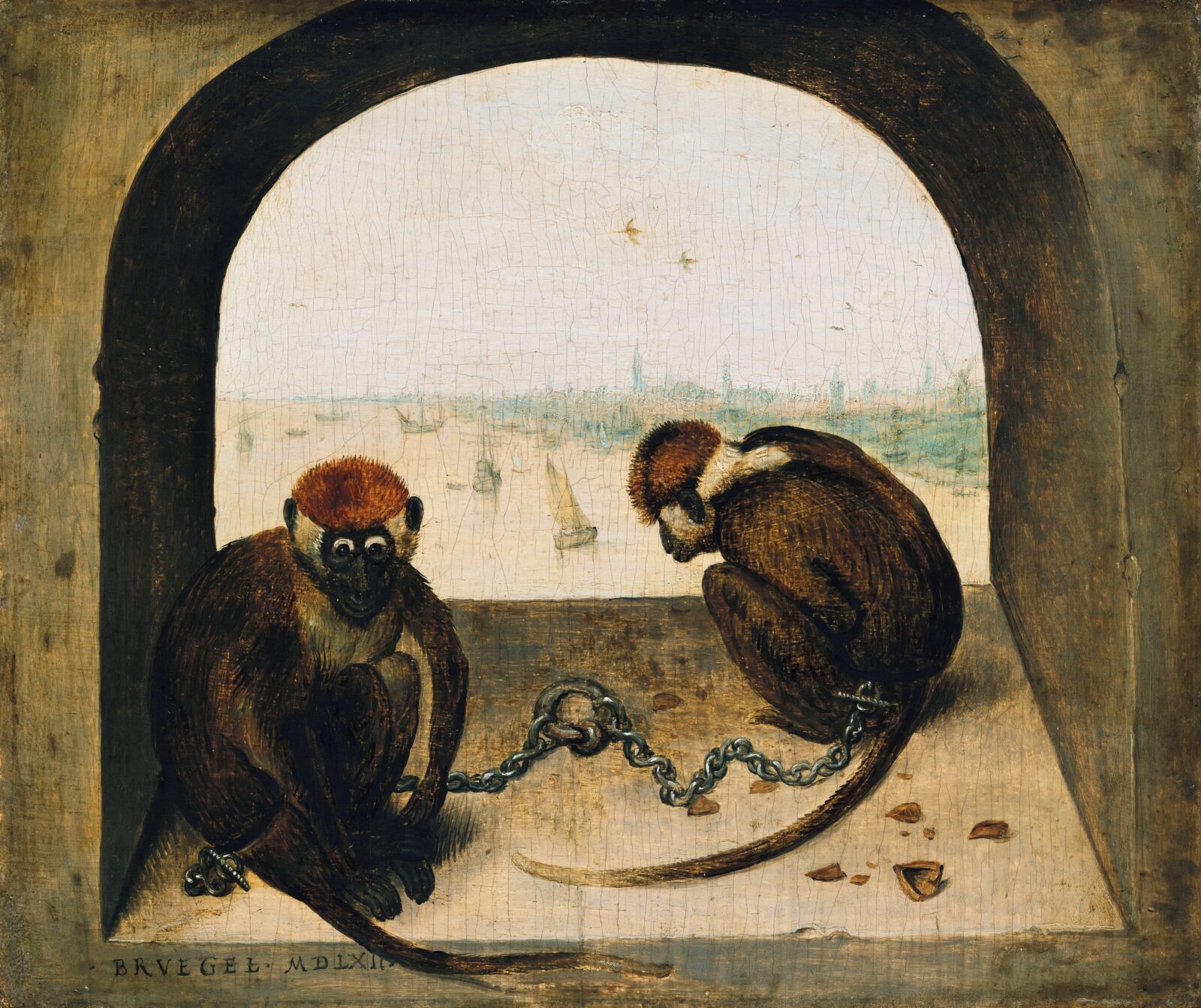Agenda
Keynote: Susan McHugh, “(Xeno)pregnant Endings and (Zoo)beginnings in Contemporary Fiction”
(Xeno)pregnant Endings and (Zoo)beginnings in Contemporary Fiction
Keynote: Susan McHugh (UNE)
Wednesday, 28 October 2020
Time: 17.15–19.00
Location: Online
Like zoos themselves, zoo fictions have troubled histories of intermingling discourses of colonialism, race, and species. Several recent examples reframe these histories in terms of sex and gender by ending with a peculiar figure: xenopregnancy, or a human preparing to give birth to a member of another species, who is explicitly enabled by her connection to a zoo. At a literal level, the fictions follow late-twentieth-century realities of conservation-minded experiments with impregnating members of common domestic species with fetuses of endangered wild ones, practices that led to rare successes in producing zoo creatures. But the uneven entanglements of exotics, erotics, and pronatalist ideologies across these tales raise further questions about how zoos can become sites for mitigating not only fears of extinction but also new beginnings for species, including our own.
Susan McHugh is Professor of English at the University of New England, where she teaches courses in writing, literary theory, animal studies, and plant studies. Her ongoing research focuses on the intersections of biological and cultural extinction. She is the author of Love in a Time of Slaughters: Human-Animal Stories against Extinction and Genocide (Penn State UP, 2019); Animal Stories: Narrating across Species Lines (U of Minnesota P, 2011); and Dog (Reaktion Books, 2004). She has also published several co-edited volumes, including Art and the Ontological Turn: A Posthumanist Reader (2020), The Palgrave Handbook of Animals and Literature (2020), Human-Animal Studies (2018), Indigenous Creatures, Native Knowledges, and the Arts: Animal Studies in Modern Worlds (2017), and The Routledge Handbook of Human-Animal Studies (2014).

